Listen to this article 3 min
Nashville is heading into 2024 with a host of projects on its plate: a $2.1 billion NFL stadium, East Bank infrastructure and a potential transit referendum on the horizon, among others. While the city continues to battle its growing pains and national economic headwinds, one thing seems certain: Music City continues to move ahead. As we start the new year, here are 10 people we plan to watch in 2024. They include a punk icon, a public company CEO and a developer transforming parts of the city’s latest hotspots. While this is far from an exhaustive list, expect those included here to influence some of the year’s most impactful headlines.
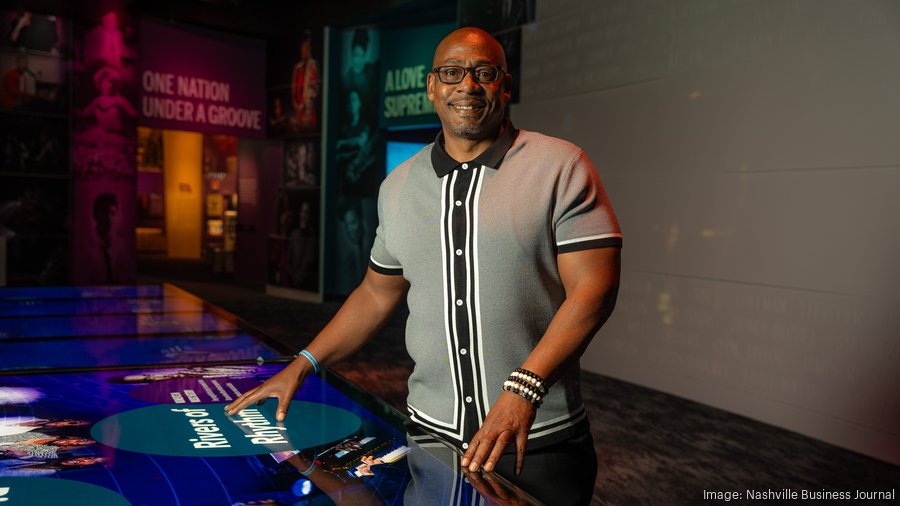
Dion Brown, executive director, National Museum of African American Music
Dion Brown knows operations, and he knows museums. After joining the National Museum of African American Music as chief operating officer, he stepped into the role of executive director in August. Dion brings over 30 years of museum experience to his role of steering NMAAM’s future — and he’s an Emmy-winning executive producer. After a 20-year career in the U.S. Air Force, Brown spent time leading the BB King Museum, National Blues Museum and National Underground Railroad Freedom Center.
Heading into its fourth full year of operation, he has a three-pronged vision for the Lower Broadway attraction: build a sustainable budget, rebuild confidence and interconnectivity and strengthen the museum’s foundation in Nashville. He sees the potential in NMAAM and views it as Nashville’s museum. The museum added both an attraction with a national profile for tourists itineraries and a draw for locals to come downtown when it opened steps off Lower Broadway.
As NMAAM transitions from being the new kid on the block to a Music City staple, Brown’s position at its helm makes him a person to watch.
— Julia Masters

Evan Holladay, CEO, Holladay Ventures
The rapidly evolving East Bank and Dickerson Pike have both presented a blank slate of development opportunities, and Evan Holladay is making sure to leave his mark.
Holladay is CEO of Holladay Ventures, a local development firm that focuses on affordable housing.
Holladay’s development firm is one of the companies involved in the winning bid to build on Metro-owned land surrounding the forthcoming $2.1 billion Titans Stadium.
His firm also has a large stake — 36 acres worth — on the rapidly transforming Dickerson Pike corridor. Holladay Ventures is in the midst of planning a massive mixed-use development on the up-and-coming artery that has attracted multiple major projects and out-of-town developers in recent years.
Holladay is deeply involved in the early stages of the transformation of two of the city’s most highly watched development opportunities and will play a significant role in the shaping of both the East Bank and Dickerson Pike into to the city’s latest hotspots.
With Nashville’s booming real estate sector creating more opportunities, Holladay is carving a niche for himself and helping shape the future of affordability housing the city.
— Sophia Young
Julie Felss Masino, president and CEO, Cracker Barrel Old Country Store Inc.
Julie Felss Masino has made a career of leading global retail and restaurant brands. In November, Masino was named president and CEO of Lebanon-based Cracker Barrel Old Country Store. She follows Sandra Cochran, who led the company for over a decade. Prior to joining the company behind one of America’s most nostalgic brands, Masino served as president of international at Taco Bell, and she spent a large part of her career in leadership roles at Starbucks Coffee Co. Prior, she worked at Godiva Chocolatier, Coach, J. Crew and Macy’s. Cracker Barrel is the 11th largest public company in Nashville, with 2022 revenue of $3.27 billion, a 15.8% year-over-year growth. The company is also one of the city’s largest employers, with 2,352 employees. Masino assumed the title of a person to watch when she stepped behind the wheel of a Nashville powerhouse.
— Julia Masters
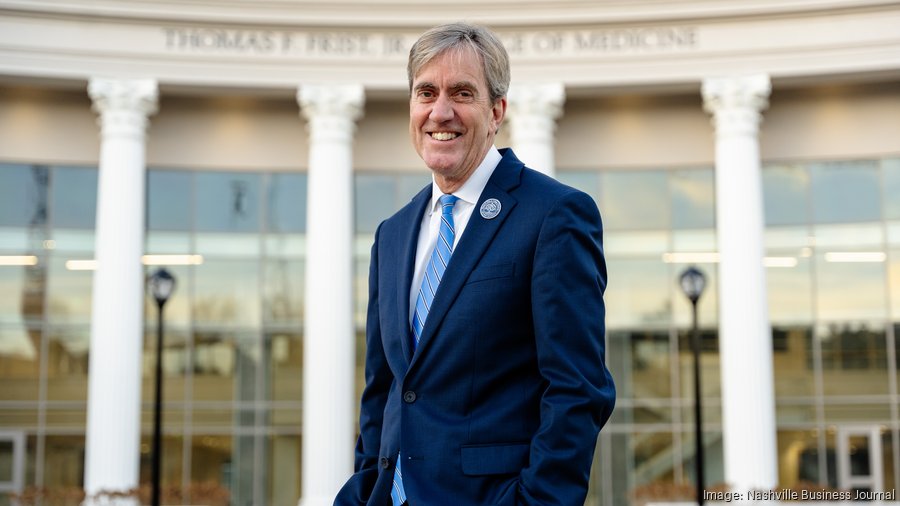
Dr. Anderson Spickard III, dean, Belmont University's Thomas F. Frist Jr. College of Medicine
A longstanding name at Vanderbilt University, Dr. Anderson Spickard’s new role as Belmont University’s dean of the Thomas F. Frist Jr. College of Medicine — which will have its first class in the fall of 2024 — makes him a person to watch.
Prior to joining Belmont as associate dean, Spickard spent 27 years in a variety of roles at Vanderbilt, including directing a primary care clerkship for the School of Medicine, leading educational programs for the division of general internal medicine, directing the internal medicine clerkship and teaching residents as a master clinical teacher.
Spickard took over as the Belmont medical college’s interim dean at the end of 2022 when Dr. William Bates, the founding dean, stepped down due to health issues. He officially became dean in April.
The Frist College of Medicine was announced in 2020 and holds a clinical partnership with HCA Healthcare Inc. The college is housed in a six-story, 198,000-square-foot facility.
As the leader of Nashville’s newest medical college, Spickard is in charge of developing and shaping the minds of the next set of health care graduates in the city touted as America’s “health care city.”
— Nikki Ross
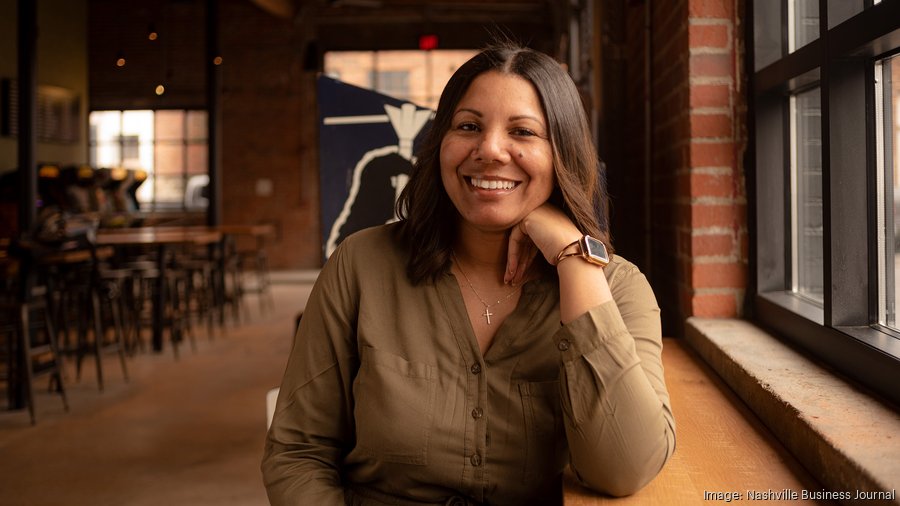
Johari Matthews; vice president, executive director; Tennessee Titans foundation
As the Tennessee Titans work to deliver a new $2.1 billion stadium, they are also working to deliver on commitments to further community engagement.
The person responsible for spearheading the latter is Johari Matthews, vice president and executive director of the Tennessee Titans Foundation. Matthews joined the Titans in May 2022, after spending eight years with YMCA of Middle Tennessee (where she was executive director for almost four years) and serving on various nonprofit boards.
In other words, Matthews is no stranger to finding impactful ways to answer Nashville’s needs. The Titans recently launched their ONE Community platform in 2022, in connection with 16 organizations, focused on opportunity, neighborhoods and education. The group was launched to ensure the new stadium is for all of Nashville.
As all eyes continue to be on the Titans in 2024, Matthews holds the power to guide change in Music City through the Titans’ platform.
— Julia Masters
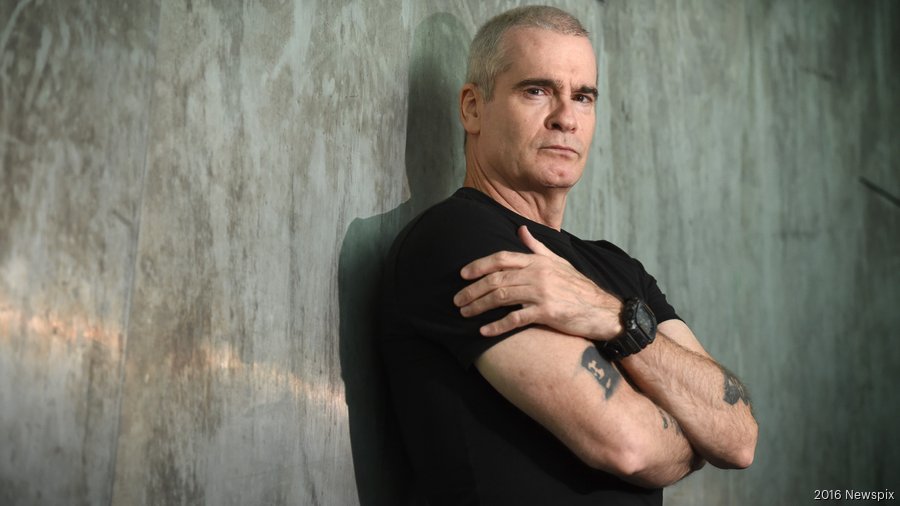
Henry Rollins; singer, writer, spoken word artist, actor, comedian and presenter
Punk rock icon Henry Rollins may not be who comes to mind when you think of Music City, but that’s likely to change in 2024.
Rollins is the former frontman of seminal punk band Black Flag, a writer, spoken word artist, actor and comedian. In a March 2023 interview with The Guardian, he announced he had invested his life savings in a “major project” in Nashville — he had moved to the city earlier that year — but refused to divulge more than to say it would “make people smile until their faces hurt.”
At the time of the interview, Rollins said he was looking to launch the project in 14 months, which would mean opening this summer. However, in response to a question from the Business Journal, his management recently offered a longer timeline. As a result, 2024 may only bring additional details about the mysterious project.
The location for Rollins’ venture is likely in Chestnut Hill. The Nashville Scene reported in August that an LLC affiliated with Rollins bought a building at 1024-1026 Third Ave. S., near the Nashville City Cemetery, for$2.7 million.
— Ian Bradley

Joycelyn Stevenson, chair, Metropolitan Nashville Airport Authority
oycelyn Stevenson is coming off a distinctly weird year outside of her day job as office managing shareholder of law firm Littler Mendelson PC. She began 2023 as the newly elected chair of the board of the Metro Nashville Airport Authority. Until she wasn’t. Until she was again.
The Republicans who run the General Assembly passed a law that ousted Metro’s version of the airport board and installed one named mostly by top state officials. That group was in charge from July through October, until judges declared the law unconstitutional and immediately reinstated Stevenson and the rest of the Metro board. Stevenson has shepherded the group through a thorny thicket of issues since then, drawing on her experience as a lawyer and past counsel to other boards of directors. But the biggest question of all remains unresolved, as the state has appealed the court ruling.
The Metro board remains in charge for now, and Stevenson’s term ends in April. Even if she isn’t renominated, she is poised to face plenty of action in the months ahead, between the outstanding court case and key votes the board will take to shape how the airport grows in the years ahead.
— Adam Sichko

Lucy Kempf, executive director, Metro Planning Department
Lucy Kempf has served as the executive director of the Metro Planning Department for more than five years, providing design guidance, reviewing zoning and shaping public policy related to Nashville’s growth.
Though her job title isn’t changing, the scope of her responsibilities is set to significantly expand in the coming year as the city braces itself for rapid development across the Cumberland River.
Kempf will play a critical role in the development of Metro-owned land on theEast Bank and will be a key part in the decision process as the city tackles tough issues such as allocating Metro resources and passing zoning reforms impacting multiple major developments.
As Nashville continues to grow, Kempf will lay eyes on every project and be involved in critical discussions that will shape the city’s future.
— Sophia Young
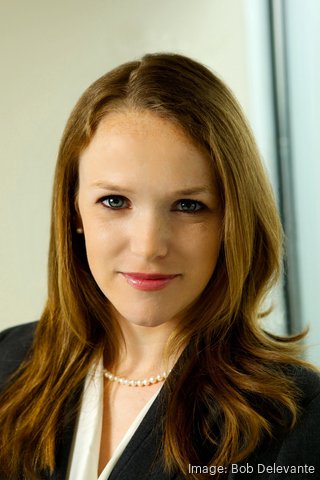
Emily Burrows, artificial intelligence leader, Bass, Berry & Sims
While Emily Burrows has worked at Bass, Berry & Sims since 2013, it’s her breakout as leader of the law firm’s artificial intelligence division that makes her a person to watch.
While the firm — the largest in Nashville, according to Business Journal research — has worked with clients on various AI concerns in the past, this is the first time it has a dedicated team for the growing field.
The use of AI has boomed across the business world over the past year, and it’s only going to grow in popularity. Burrows taking the helm of an AI-focused branch of the firm puts her at the forefront of the innovation community.
Burrows works with a variety of industries including software, health care, media, food and beverage, automotive and finance. Companies range from startups to multinational organizations.
She now works to bring a holistic approach to AI-related issues; as the technology becomes more popular more companies will likely come calling.
— Nikki Ross
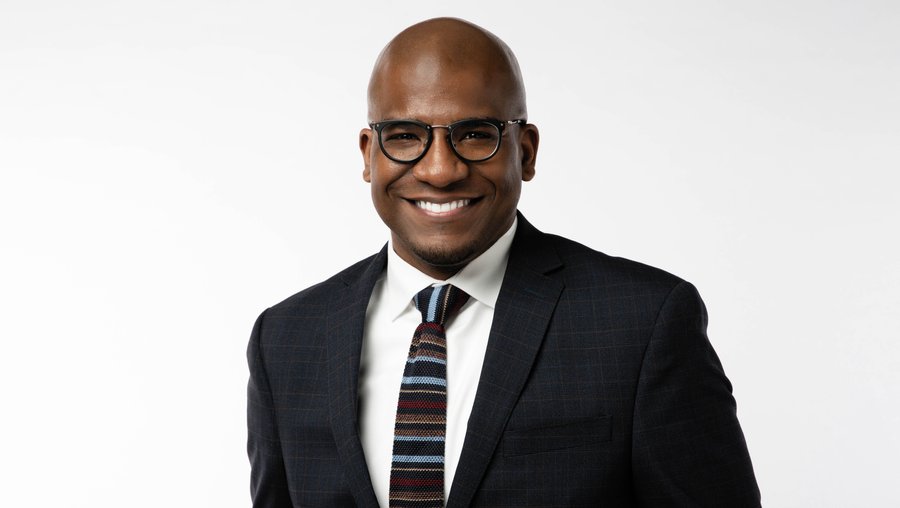
Jamari Brown, director of economic and community development, Metro Nashville
Jamari Brown has decided to run it back with the mayor’s office. But this time, he’s working for a new boss on a different mission.
Brown is Mayor Freddie O’Connell’s director of economic and community development. Brown held a nearly identical role for a nine-month stint in 2019 that covered the end of Mayor David Briley’s administration and the first few months of Mayor John Cooper’s tenure — who in tone and actions broke sharply from the traditional way Metro approached economic development. O’Connell committed to “having an economic development function for the full four years” of his term, and Brown’s return fleshes out another piece of that vision for an “Office of Opportunity.”
Brown’s work won’t just be the standard fare of evaluating potential jobs deals. He’ll also administer Metro’s $20 million small business recovery fund and get involved with workforce development and youth employment initiatives. “He saw what we were doing with the model of the Office of Opportunity and felt like it was very much aligned with [his] skills,” O’Connell said of Brown. “We’ve got a pretty expansive view here that I think may not have been available in the role he was in previously.”
— Adam Sichko





